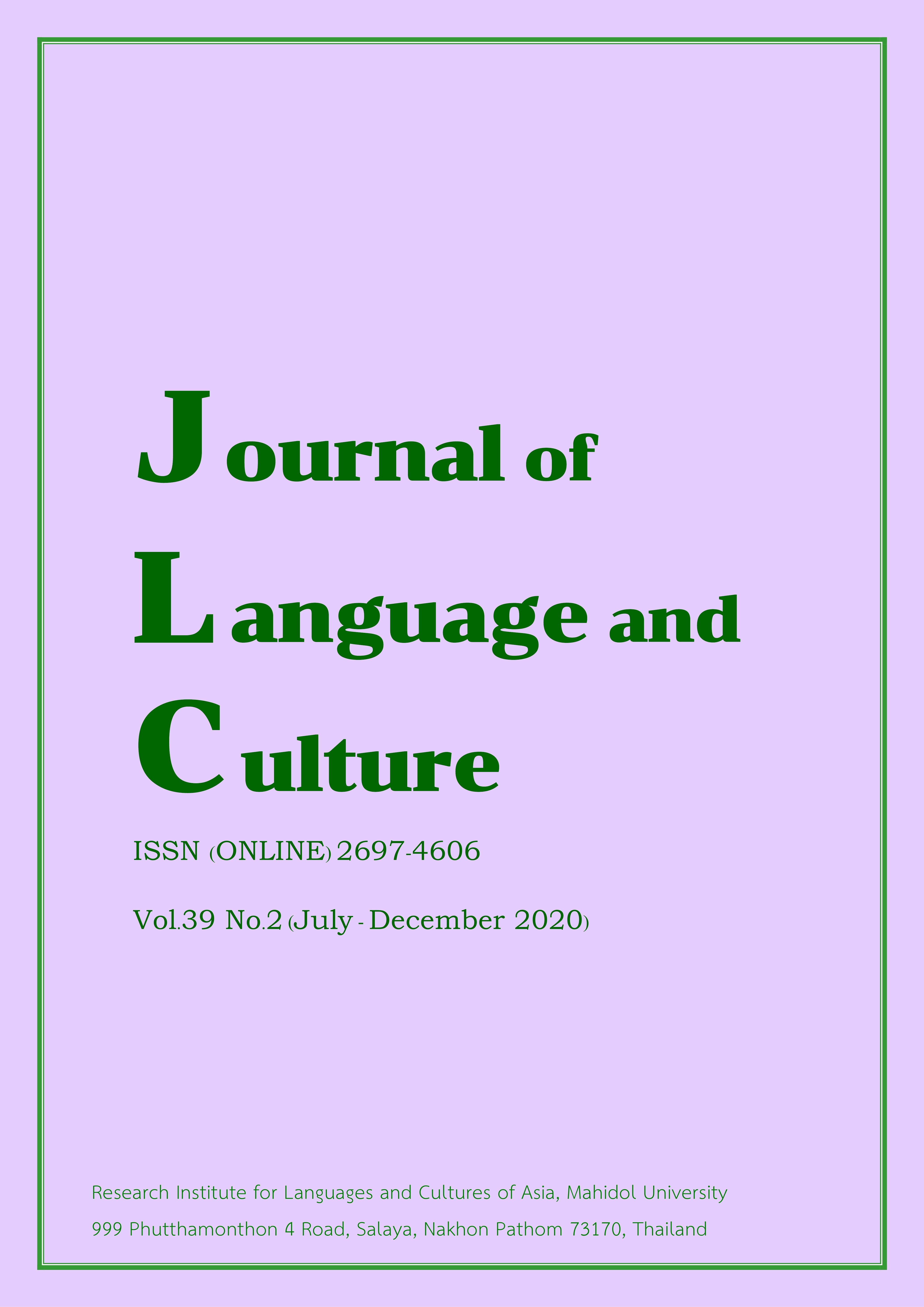Cultural hybridity of K-Pop music: From the west to South Korea, from South Korea to the globe
Main Article Content
Abstract
Ever since the Asian financial crisis, one of the most totemic signs of South Korea’s economic and cultural recovery has been the phenomenal success of the K-Pop music genre. This influential cultural export has helped South Korea to become established as one of the most powerful countries in Asia. K-Pop music has a hegemonic status, associated with the nation, and has always had its roots in the unchallengeable post-war Americanization, emphasizing the dependency of South Korea’s rise in status on the US. However, this article argues that the genesis of K-Pop music is not directly a consequence of the expanding Americanization, but is rather a result of South Korea’s network of transnational relationships and interactions with the many disparate actors. All of these have contributed to the emergence of the cultural hybridity of K-Pop music. This is illustrated by the examination of five contributary examples including: (1) The emergence of the global “fandom”, (2) The critical role of the YouTube platform, (3) The success of Korean songs in international music charts, (4) Collaborations between Korean and Western artists, and (5) K-Pop plagiarism. What lies behind K-Pop music growth is not American cultural imperialism but instead the transnational hybridization of many global cultural inputs. Considering that it is this hybridization of myriad competing cultural influences that is the main essence of K-Pop music rather than the hegemonic or imperialistic explanation which views K-Pop as an imitation of American pop music, this situation could possibly lead to the decolonizing of K-Pop music eventually.
Article Details
The articles featured in the Journal of Language and Culture (JLC) constitute academic works representing the viewpoints of the respective author(s). It is crucial to note that these opinions do not necessarily reflect those of the Editorial Board.
All articles published in JLC are released under the Creative Commons Attribution 4.0 International License (CC BY 4.0). This license grants permission for unrestricted use, distribution, and reproduction in any medium, provided proper credit is given to the original author(s) and the source.


